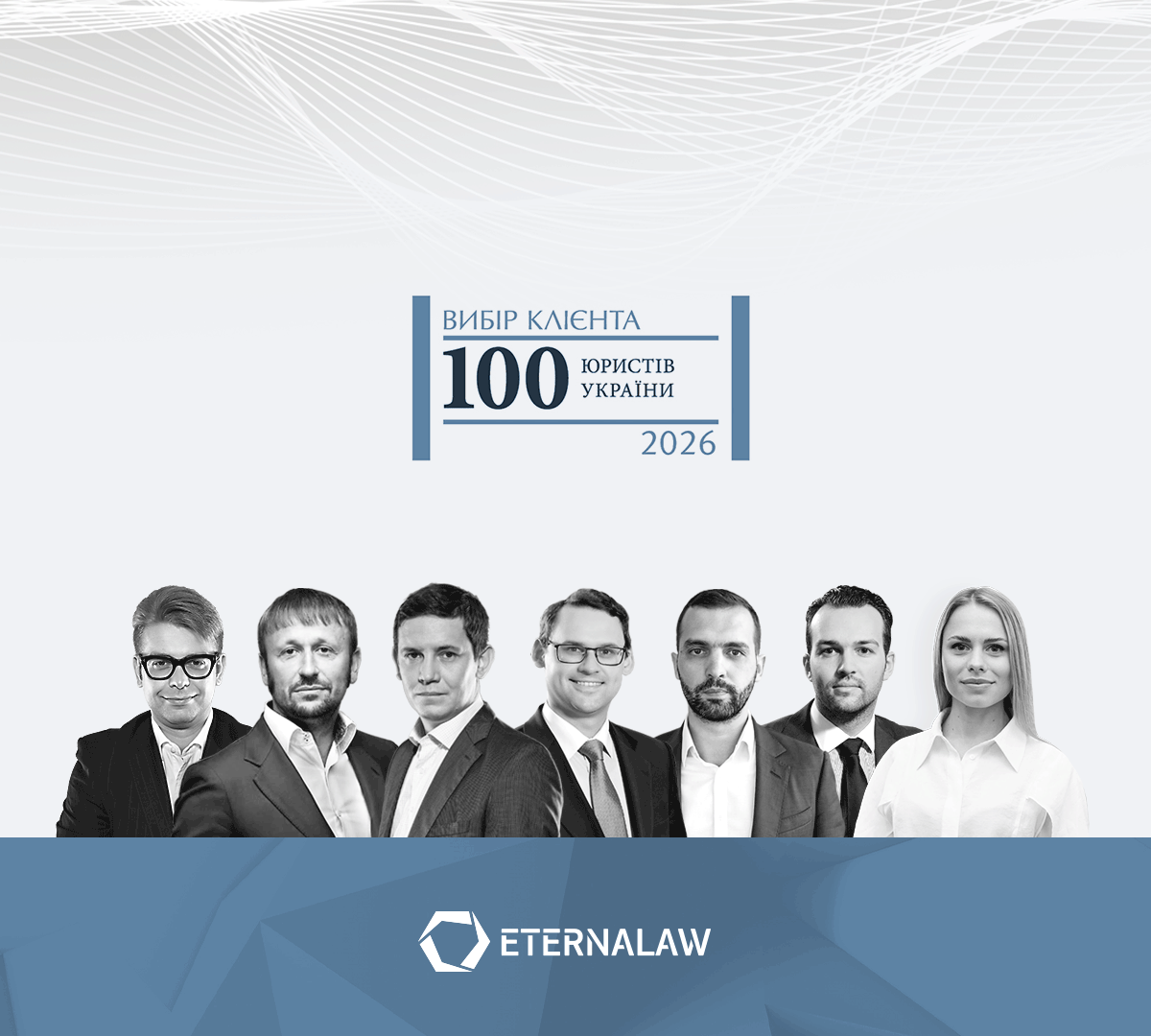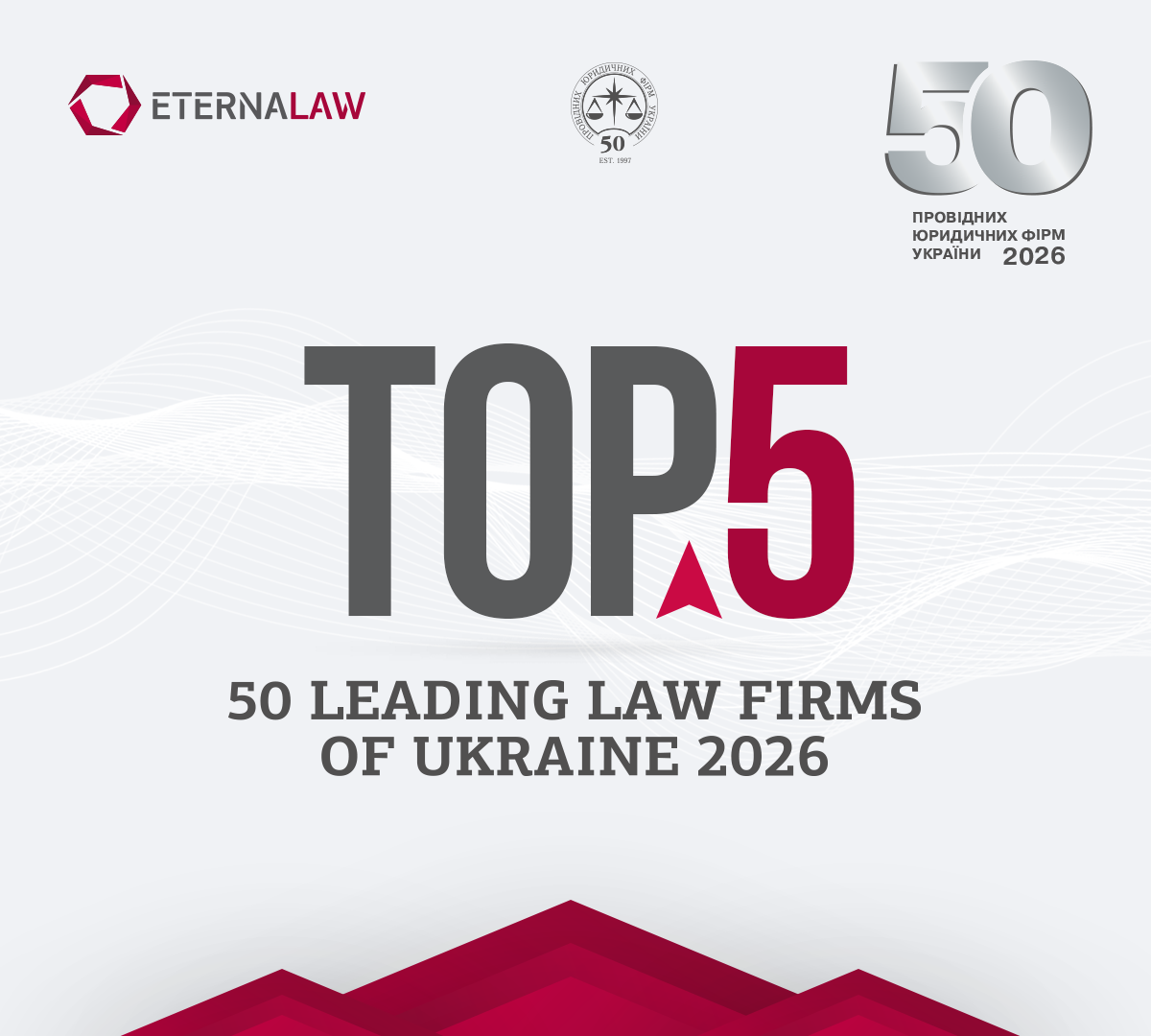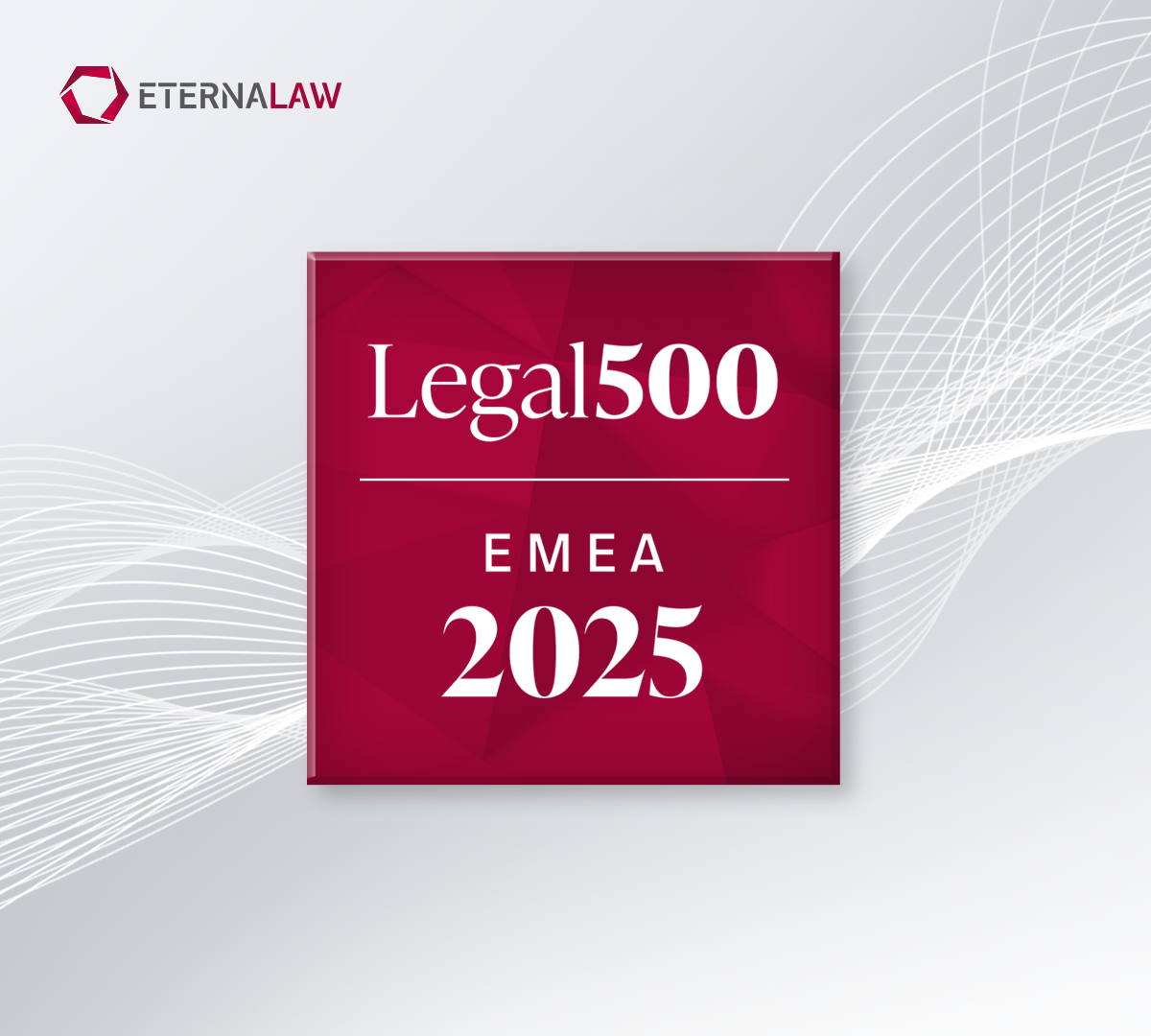The amount of direct damage inflicted on Ukraine’s infrastructure during the war has, according to the Kyiv School of Economics as of January 2024, reached almost 155 billion dollars. Thus, the legal framework and functioning of the compensation mechanism for damages caused to Ukrainians by the armed aggression of the Russian Federation remains a priority issue.
Ukrainian Court Decisions and Their Recognition Abroad
In the resolution of 20 July 2022, in case No. 910/4210/20, the Supreme Court applied the “alter ego” concept, recognizing the State Corporation VEB.RF as a co-defendant in a case concerning the recovery of lost profits. The Supreme Court applied a structural and functional test that allows claims to be filed against Russian private companies in which Russia and/or its organs are directly involved, regarding the damages caused by armed aggression.
As of today, Ukrainian courts have issued about 500 judgments for compensation of damages where the defendant is Russia.
Register of Damages
The UN General Assembly Resolution A/RES/ES-11/5 of 14 November 2022 highlighted the necessity of establishing an international mechanism, in cooperation with Ukraine, for compensating damages, losses, or injuries caused by the internationally wrongful acts of the Russian Federation in or against Ukraine. At the fourth Summit of Heads of State and Government held on 16-17 May 2023, the Council of Europe established the Register of Damages Caused by the Aggression of the Russian Federation against Ukraine through the conclusion of an Enlarged Partial Agreement.
Starting from 4 April 2024, the Register of Damages began accepting claims in one category: damage to or destruction of the residential property of individuals. It is planned to expand the categories of damages for which claims will be accepted in the future, including property and income losses, other forms of economic damage, forced displacement of individuals, etc.
Recognition of Russia as a State Sponsor of Terrorism
On 23 November 2022, the European Parliament recognized Russia as a state sponsor of terrorism. This status was also assigned to Russia by the parliaments of Poland, Estonia, Latvia, Lithuania, the Netherlands, and Slovakia.
Frozen Russian Assets
On 20 April 2024, the U.S. House of Representatives approved a bill that establishes Russia’s financial responsibility for the reconstruction of Ukraine, granting the U.S. President the authority to seize frozen Russian assets, including the reserves of the Russian central bank, for transfer to a special fund for Ukraine. It is expected that the assets transferred to Ukraine will be used, among other purposes, to compensate for damages as confirmed by court decisions.
At the European level, the Council of the European Union approved a decision on 21 May 2024, to transfer the profits from frozen assets of the Russian central bank to Ukraine. These funds will be used for further military support of Ukraine and its reconstruction.
Even neutral countries like Switzerland have taken active steps to ensure that Russia compensates Ukraine for the damage it has caused. In March 2024, the Swiss parliament passed a series of measures that allow the frozen funds to be directed towards the reconstruction of Ukraine.
Confiscation of Russian Assets
Estonia became the first country to pass a law on the confiscation of Russian assets on its territory. On 15 May 2024, members of the Estonian Parliament voted for the Law on Amendments to the International Sanctions Act and Related Laws, which, among other things, provides for the confiscation of frozen assets of individuals and legal entities directly linked to “the commission of or facilitation of aggression” as an advance payment for the damages Russia has caused to Ukraine. The decision to use the assets as an advance payment towards compensation will be made administratively by the Ministry of Foreign Affairs.
To sum up, partner states are implementing new mechanisms that have been in demand since the beginning of the full-scale invasion. These measures will ensure the accountability of Russia and its agents for the damages it has caused in Ukraine, and also secure compensation for the victims using Russian assets.



